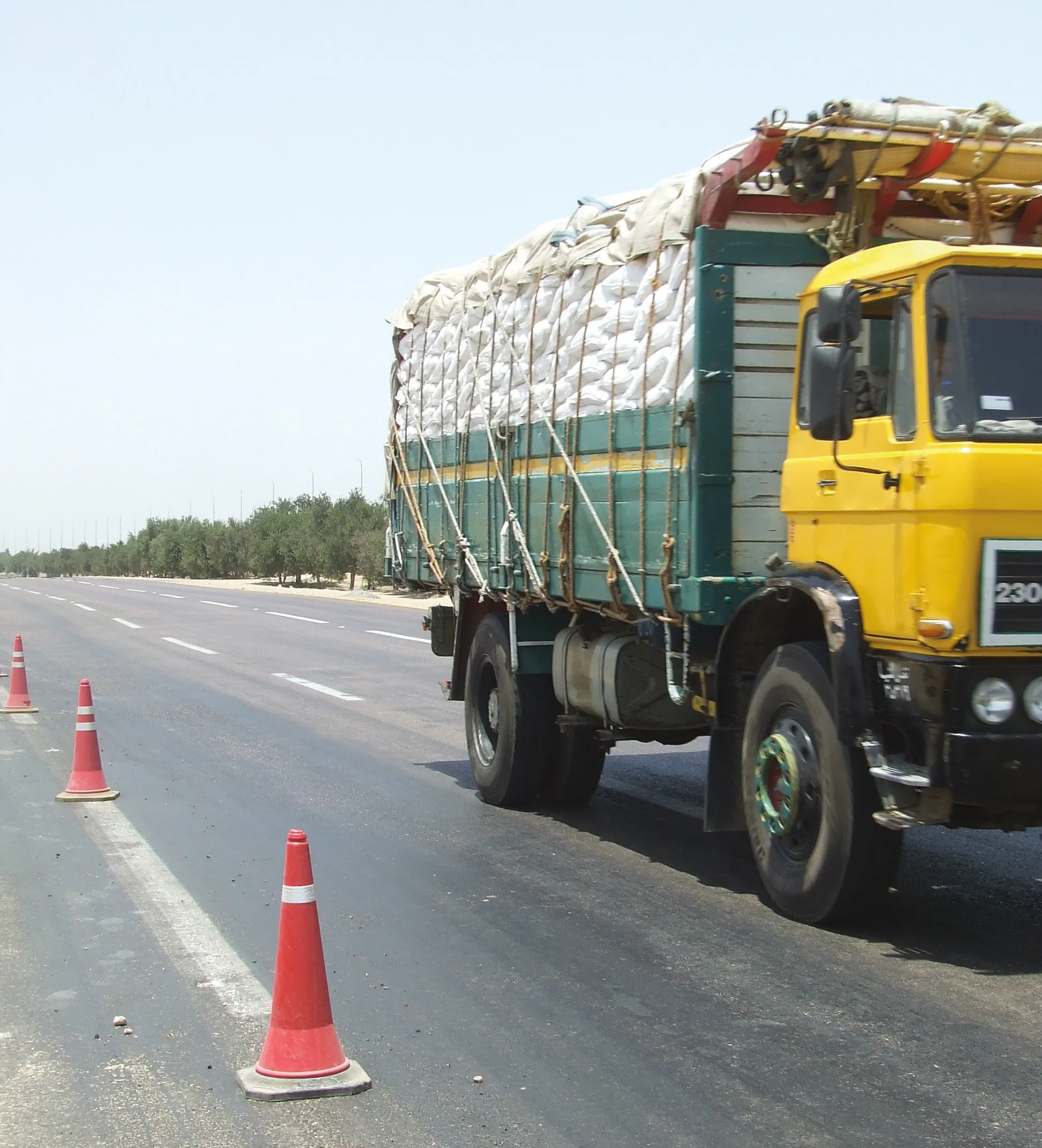PT Rin and Q-Free have signed a contract for delivery of an electronic law enforcement (ELE) system for Jakarta (DKI) and greater area of Jakarta (Bodetabek).
March 1, 2012
Read time: 2 mins
PT Rin and 310 Q-Free have signed a contract for delivery of an electronic law enforcement (ELE) system for Jakarta (DKI) and greater area of Jakarta (Bodetabek). Based on Q-Free's latest tolling solutions, it will be used by the local police for controlling traffic in Jakarta. The purpose of the system is to provide a more efficient system for registration and control of registered vehicles in Indonesia and will improve the efficiency of the local police to enforce stolen vehicles, fake number plates and security related incidents.
Additionally, the ELE system will improve security for the public through an encrypted electronic monitoring of vehicles in the city of Jakarta. By improving the state's ability to control that vehicles are duly registered and that all vehicle taxes and other related fees and charges are paid, the system will cater for a substantially increased income to the state of Indonesia.
Q-Free says the potential contract value is some US$167 million for road side infrastructure, operational back office, tags and a service and a maintenance contract for six years. More than half of the contract value is related to delivery of tags."In many ways, this is the start of a new era for Q-Free," says Dr. Øyvind Isaksen, CEO of Q-Free. "This is by far the biggest contract in the company's history and it will facilitate profitable growth. Furthermore, it will also be the start of a new application area for our advanced tolling system," he said.
Additionally, the ELE system will improve security for the public through an encrypted electronic monitoring of vehicles in the city of Jakarta. By improving the state's ability to control that vehicles are duly registered and that all vehicle taxes and other related fees and charges are paid, the system will cater for a substantially increased income to the state of Indonesia.
Q-Free says the potential contract value is some US$167 million for road side infrastructure, operational back office, tags and a service and a maintenance contract for six years. More than half of the contract value is related to delivery of tags."In many ways, this is the start of a new era for Q-Free," says Dr. Øyvind Isaksen, CEO of Q-Free. "This is by far the biggest contract in the company's history and it will facilitate profitable growth. Furthermore, it will also be the start of a new application area for our advanced tolling system," he said.








